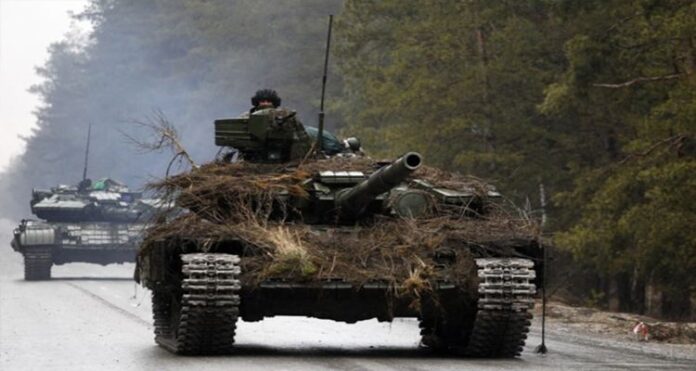
| Translate This News In |
|---|
Ursula von der Leyen, the head of the European Commission, said on Saturday that Brussels would propose freezing the assets of Russia’s central bank, in a major escalation of sanctions against Moscow in response to the invasion of Ukraine.
Von der Leyen also stated that the EU would remove “certain” Russian banks from the SWIFT payment system in response to Kyiv’s key demand to punish Russian President Vladimir Putin.
According to Von der Leyen, the new measures will “cripple Putin’s ability to finance his war machine.”
She was speaking following a videoconference with leaders from the United States, Germany, France, Italy, and Canada to coordinate the West’s response to the invasion.
The allies also agreed to impose additional restrictions on Russian oligarchs, including measures “to limit the sale of citizenship – so-called golden passports – that allow wealthy Russians connected to the Russian government to become citizens of our countries.”
Von der Leyen stated that she would present the proposals to EU leaders, who could request changes to lessen the impact of the measures on their economies.
The new wave of sanctions was an extraordinary leap forward in just a few days, made possible by Germany’s abrupt reversal on its opposition to restricting Russia’s access to SWIFT.
SWIFT’s messaging system enables banks to communicate about transactions in real-time and securely, and cutting Russia off would cripple its trade with the rest of the world.
Italy, Hungary, and Cyprus were also opposed to the SWIFT ban, but have since changed their minds in the face of international outrage over Russia’s invasion of its neighbor.
In an apparent concession to Berlin, the powers agreed that the ban would only apply to certain banks, in order to avoid the measure having a negative impact on European businesses.
The powers agreed to limit the Russian central bank’s ability to access its vast foreign reserves, which was probably the most unexpected new measure against Putin.
These are estimated to be worth more than $600 billion and represent a massive windfall from Russia’s vast energy wealth.
“This will put a halt to its transactions. It will also make the Central Bank’s assets impossible to liquidate “From the Leyen

















